Marie-Céline Labbé & Marion Treupel-Franck - Monteclair: Six Concerts À Deux Flûtes Traversières Sans Basses (2011)
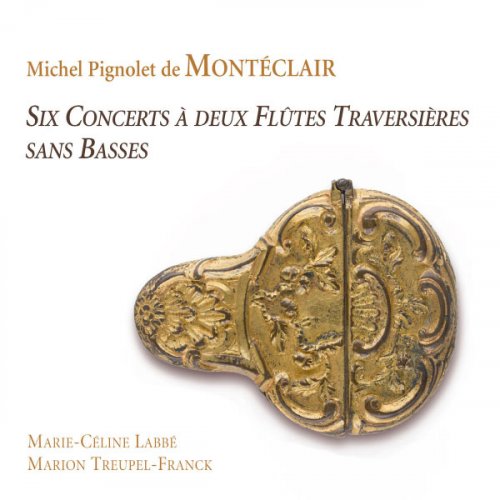
Artist: Marie-Céline Labbé & Marion Treupel-Franck
Title: Monteclair: Six Concerts À Deux Flûtes Traversières Sans Basses
Year Of Release: 2011
Label: Ramée
Genre: Classical
Quality: flac lossless (image +.cue, log, artwork)
Total Time: 01:46:46
Total Size: 467 mb
WebSite: Album Preview
TracklistTitle: Monteclair: Six Concerts À Deux Flûtes Traversières Sans Basses
Year Of Release: 2011
Label: Ramée
Genre: Classical
Quality: flac lossless (image +.cue, log, artwork)
Total Time: 01:46:46
Total Size: 467 mb
WebSite: Album Preview
CD1
01. Premier concert: I. Prélude, un peu lent
02. Premier concert: II. Premier menuet, gay – Deuxième menuet
03. Premier concert: III. Air
04. Premier concert: IV. Air, grâcieusement
05. Premier concert: V. Première badine, légèrement – Deuxième badine, rondeau
06. Premier concert: VI. Air, gay
07. Premier concert: VII. Plainte, lentement
08. Premier Concert: VIII. Fugue, Légèrement
09. Second concert: I. Prélude, lentement
10. Second concert: II. Air
11. Second concert: III. Gavotte en rondeau
12. Second concert: IV. Menuet-Deuxième menuet
13. Second concert: V. Courante à la manière Françoise
14. Second concert: VI. Courante à la manière Italienne
15. Second concert: VII. Plainte en dialogue, lentement
16. Second Concert: VIII. Premier Menuet, Tendrement Et Lent
17. Second concert: IX. Deuxième menuet, gay
18. Second concert: X. Air dans le goût ancien, lent et tendre
19. Second concert: XI. Premier air dans le goût des brunettes, lentement et tendre
20. Second concert: XII. Deuxième air dans le goût des brunettes, gay
21. Troisième concert: I. Rondeau, tendrement
22. Troisième concert: II. Air, gay
23. Troisième concert: III. Première muzette, gay – Deuxième muzette, lentement et tendre
24. Troisième concert: IV. Première sarabande, gay – Deuxième sarabande, lentement
25. Troisième concert: V. Prélude, lentement
26. Troisième concert: VI. Allemande
27. Troisième concert: VII. Gigue en rondeau
28. Troisième Concert: VIII. Sarabande, Lentement Et Tendre
29. Troisième concert: IX. Fugue, légèrement
CD2
01. Quatrième concert: I. Dialogue, lentement
02. Quatrième concert: II. La rieuse, légèrement
03. Quatrième concert: III. La terpsicore, gay
04. Quatrième concert: IV. L'Allemande, gay
05. Quatrième concert: V. L'Angloise
06. Quatrième concert: VI. L'Italienne, légèrement
07. Quatrième concert: VII. La Françoise, air dans le goût ancien. Très lent, et très tendre – Double
08. Quatrième Concert: VIII. La Picarde, Légèrement
09. Cinquième concert: I. Prélude, lentement
10. Cinquième concert: II. Badinage
11. Cinquième concert: III. Musette, lentement
12. Cinquième concert: IV. Gavotte à la manière Françoise, gayement
13. Cinquième concert: V. Gavotte à la manière Italienne, légèrement
14. Cinquième concert: VI. [–], gay
15. Cinquième concert: VII. Sarabande, lentement
16. Cinquième Concert: VIII. Gigue À La Manière Françoise
17. Cinquième concert: IX. Gigue à la manière Italienne
18. Cinquième concert: X. Les ramages, lentement
19. Cinquième concert: XI. Fugue, gayement
20. Sixième concert: I. Allemande, légèrement
21. Sixième concert: II. Forlana
22. Sixième concert: III. Passacaille, gravement
23. Sixième concert: IV. Le Papillon-Menuet, légèrement
24. Sixième concert: V. Le moucheron-Passepied, viste
25. Sixième concert: VI. Prélude, lent et tendre
26. Sixième concert: VII. Bourée, gay – Double
27. Sixième Concert: VIII. Gavotte, Gayement
28. Sixième concert: IX. Sicilienne, lentement et gracieusement
29. Sixième concert: X. Sarabande, lentement et tendrement
30. Sixième concert: XI. Chaconne, gay
The Concertos for two transverse flutes without bass make up part of a thread begun in 1709 with the Suites de Pièces à deux flûtes traversières (Suites of Pieces for two transverse flutes) by Michel da La Barre, who was both a composer and the first great French flute player. Particularly popular in France during the first half of the 18th century, this genre inspired many composers.
It is only a short step to imagining that the regular practice of duos could even at this early stage have constituted an important pillar of all flute players’ training. I even believe that cloaking the music in such attractive finery has promoted, and still promotes today, a playful, almost sensual transmission of an instrumental know-how from generation to generation, and from teacher to student, explaining the success of three centuries of French flute playing. Montéclair’s masterly interchange of the voices invites the players to demonstrate great complexity in their performance, arousing a desire for osmosis, creating a surge of confidence, and of that very baroque emotion, tenderness.
He invites the performers to go beyond themselves, to lose themselves in joining with the other player, to dissolve into an intangible world, beyond time and space, only to come back to Earth in the next instant through a well-known melody, or a firmly marked bass, immediately evoking a desire to dance. This CD aims to fill an unfortunate void in current recordings of Montéclair’s music, and to encourage further interest in his compositions.
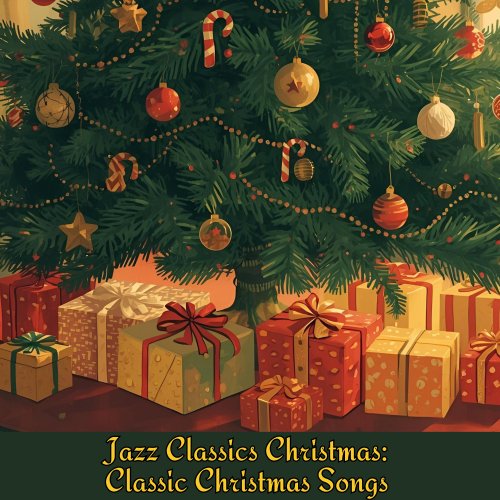
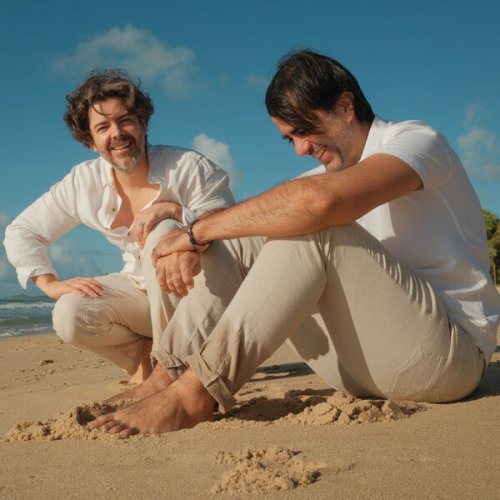
![Paul Mauriat - Après toi (1972) [Hi-Res] Paul Mauriat - Après toi (1972) [Hi-Res]](https://img.israbox.com/img/2025-12/19/7apc8ramq91sp9mgfuj4lcflg.jpg)
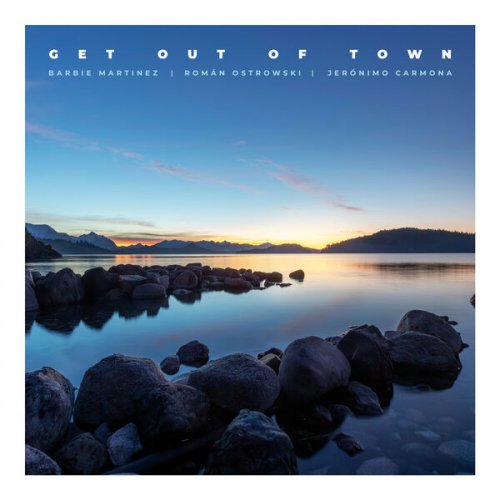
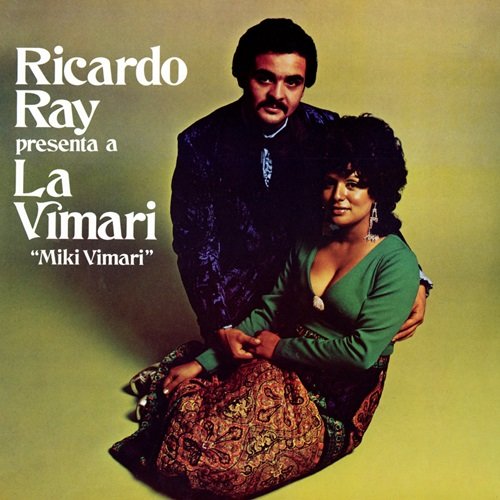
![Noé Sécula - A Sphere Between Other Obsessions (2025) [Hi-Res] Noé Sécula - A Sphere Between Other Obsessions (2025) [Hi-Res]](https://www.dibpic.com/uploads/posts/2025-12/1766108017_sej880ryk23va_600.jpg)
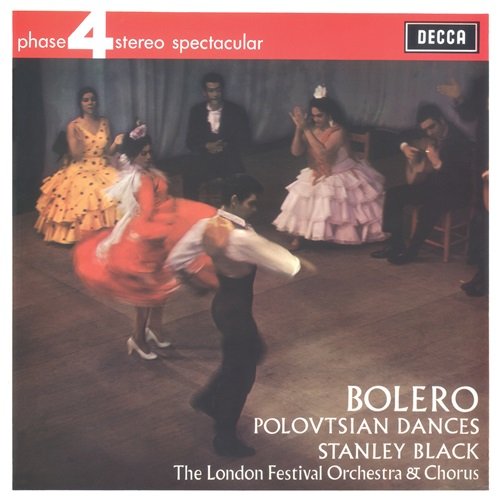

![Santi Vega - Un Instante Infinito (2025) [Hi-Res] Santi Vega - Un Instante Infinito (2025) [Hi-Res]](https://img.israbox.com/img/2025-12/19/xkxaonr6q5o8ydwyf3z1c8tp5.jpg)